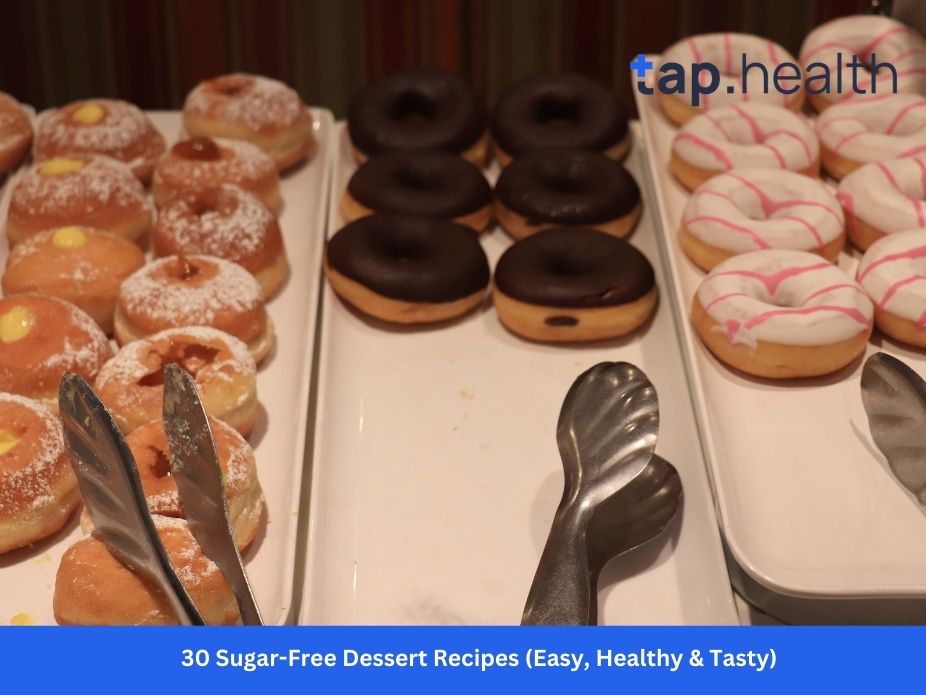What Is a Diabetes Diet Plan for Weight Loss?
A diabetes diet plan for weight loss combines blood sugar control with calorie management. It prioritizes low glycemic index foods, balanced macronutrients, and portion control to promote gradual, safe weight reduction while improving insulin sensitivity.
Why Does Weight Loss Matter in Diabetes Management?
Excess weight worsens insulin resistance and raises blood sugar levels. Losing even 5-10% of body weight enhances glucose control, reduces medication needs, and lowers complication risks, as proven in multiple clinical studies.
How Do Low GI Foods Help in Diabetes Weight Loss?
Low GI foods release glucose slowly, preventing spikes. Include whole grains, legumes, non-starchy vegetables, and berries. Avoid refined carbs like white bread and sugary snacks that trigger rapid blood sugar rises.
Which Proteins Support Satiety in a Diabetic Diet?
Lean proteins curb hunger and preserve muscle. Choose grilled chicken, turkey, fish, tofu, eggs, and beans. Pair with veggies for balanced meals that stabilize glucose and aid weight loss.
What Role Do Healthy Fats Play in Diabetes Meal Planning?
Healthy fats improve heart health and satisfaction without spiking sugar. Use olive oil, avocados, nuts, seeds, and fatty fish like salmon. Limit portions to manage calories effectively.
How Does Fiber Aid Weight Loss with Type 2 Diabetes?
Fiber slows digestion, promotes fullness, and regulates blood sugar. Target 25-30g daily from oats, broccoli, lentils, and apples. High-fiber choices reduce overeating and support steady weight loss.
Can Smaller Meals Improve Blood Sugar Control?
Yes. Eating 4-6 smaller meals prevents large glucose swings and curbs cravings. Combine protein, fiber, and complex carbs in each to maintain energy and avoid insulin spikes.
Is Portion Control Essential in Diabetes Diet Plans?
Absolutely. Even healthy foods add calories if overeaten. Use hand measurements: palm for protein, fist for veggies, cupped hand for carbs, thumb for fats.
What Exercise Pairs Best with Diabetes Weight Loss Diet?
Combine aerobic (walking, swimming) and resistance training. Aim for 150 minutes weekly. Exercise boosts insulin sensitivity, burns calories, and accelerates fat loss safely.
How Does Hydration Affect Weight Loss in Diabetics?
Water suppresses appetite, aids digestion, and prevents mistaking thirst for hunger. Drink 8-10 glasses daily; herbal teas count. Proper hydration supports metabolic health and portion awareness.
Sample 7-Day Diabetes Diet Plan for Weight Loss
Day 1 Breakfast: Scrambled eggs + spinach + whole-grain toast Snack: Almonds Lunch: Grilled chicken salad + avocado Dinner: Baked salmon + quinoa + broccoli
Day 2 Breakfast: Greek yogurt + chia + berries Snack: Carrot sticks + hummus Lunch: Turkey wrap (whole-wheat) + greens Dinner: Tofu stir-fry + brown rice + veggies
Day 3 Breakfast: Oatmeal + apple + walnuts Snack: Cottage cheese Lunch: Lentil soup + side salad Dinner: Grilled fish + sweet potato + asparagus
Repeat pattern, varying proteins and veggies. Total ~1,500 calories; adjust per needs.
Real Success: Jane’s Diabetes Weight Loss Story
Jane, 45, lost 15 lbs in 6 months by swapping white bread for whole-grain, adding lean protein, and walking daily. Her A1C dropped, energy soared, and medication reduced.
Research-Backed Tips for Sustainable Results
- Follow Mediterranean-style eating (2018 AJCN study).
- Cut 500-750 calories daily for 1-2 lb weekly loss (2015 Diabetes Care).
- Track glucose, weight, and intake weekly.
- Avoid crash diets; they destabilize sugar.
Common Mistakes in Diabetes Diet for Weight Loss
Skipping meals, ignoring labels, over-relying on “diabetic” products, neglecting exercise. Focus on whole foods and consistency instead.
When to Consult a Doctor or Dietitian?
Always before starting. They personalize plans, monitor meds, and ensure safety, especially with comorbidities.
Conclusion: Take Control with a Proven Diabetes Diet Plan
A diabetes diet plan for weight loss succeeds through low GI carbs, lean proteins, healthy fats, fiber, and smart habits. Stay consistent, hydrate, move, and track progress. With expert guidance and real evidence, you can lower weight, stabilize sugar, and reclaim health.



